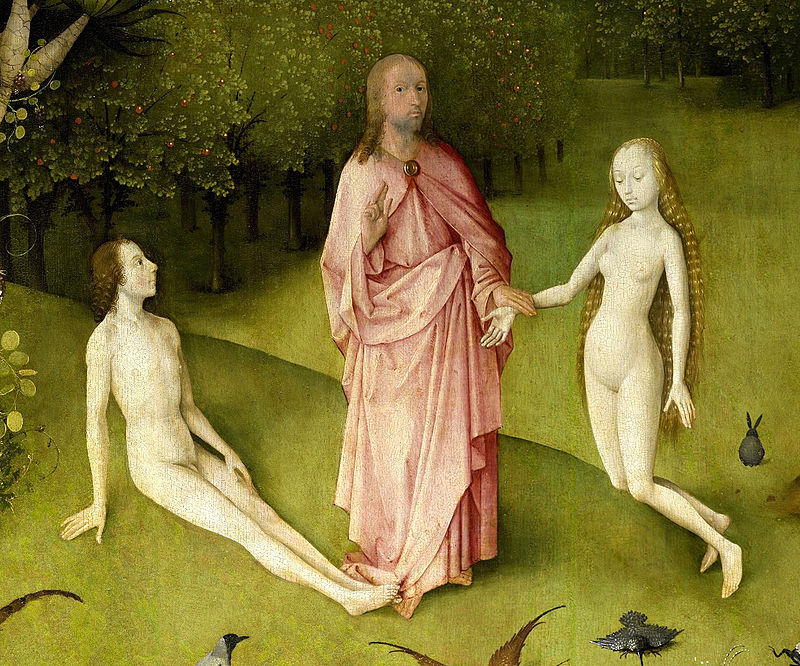Over the Christmas break, I read C.S. Lewis’s The Allegory of Love (my first Lewis book! I enjoyed it!), a wonderful book of literary history and criticism, which looks at the invention of the poetry genre of “courtly love”, which is really the invention of what we would today call romantic love, period.
One of the things Lewis is at pains to stress in his book is that the very notion of romantic, or passionate, love, or however you want to call it, was basically alien to all culture until the 11th century when Provençal poets created it. And the extent to which the notion has been popular is positively astonishing, given that it is essentially impossible for us to imagine life without it, and without it as a central part of every life (if only as an absence, or a longing, or a rejection) and of human flourishing. So, yes, if someone asks, it’s true: French people invented love.
Lewis refuses to credit Christianity directly with this invention of romantic love, but I can’t help but believe (and I don’t think Lewis would very much disagree) that such a notion could only have appeared, and certainly only flourished, in a culture whose imagination had been profoundly shaped by the Christian symphony–starting with the idea that the very ground of existence is love, a love that is willing to go through death and Hell and back if need be.
This might, and perhaps should, give Christians an occasion to boast, but it’s also worth noting another aspect of the courtly love genre: in the original courtly love drama, romantic love can only be adulterous love. Marriage is arranged, and is entered into for sociopolitical reasons, and so romantic, passionate love can only appear between a wife and an unmarried knight. Church authorities, understandably enough though short-sightedly, reacted to the courtly love dramas with horror: an apology of adultery!
And this is really an encapsulation (there are many others) of the bittersweet flavor of the history of the Christian drama. On the one hand, there are tremendous accomplishments, the irresistible and fantastic results of the astonishing Christian cultural revolution–the invention of love!–but there is a reminder of the extent to which Christianity was left untried. Even in the thoroughly christianized (or not thoroughly, that is the point) society of the Middle Ages, “Christian marriage” actually had very little “Christian” about it: it was still mostly, at least for the nobility, a natural affair of estate and social status, not the icon of the Trinitarian perichoresis that Christian theology tells us it should be.
This is why I so often cringe when I hear talk of “traditional marriage.” What was Christian about “traditional marriage”? Not as much as we would like.
If we’re going to debate “the family” (and we must), then we must put forward a vision that is about more than turning back the clock to some imagined prelapsarian state, a vision that is more Christian than “traditional marriage.”
(Another important aspect of courtly love is its scripted character. We live in a society that desperately needs new relationship scripts, and I think there is a mine here.)












